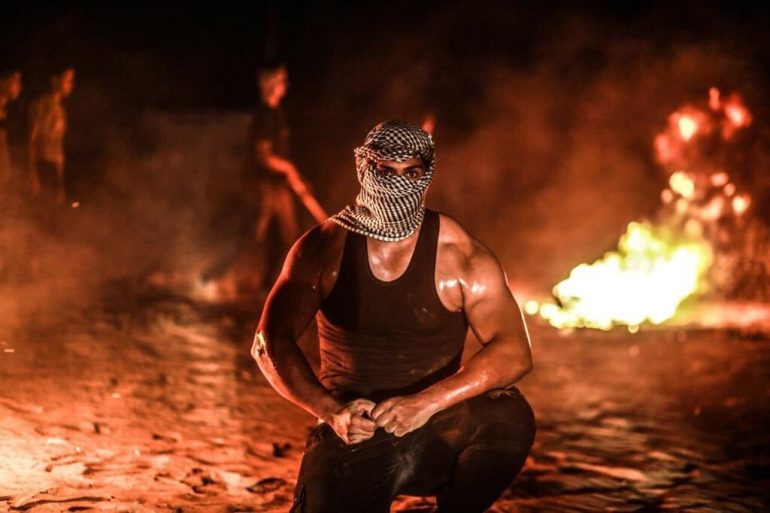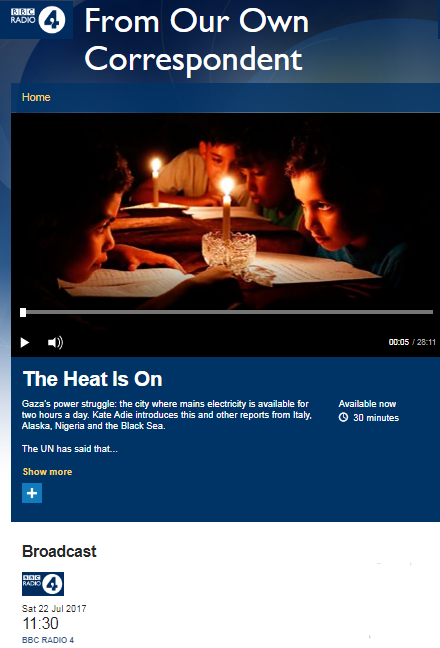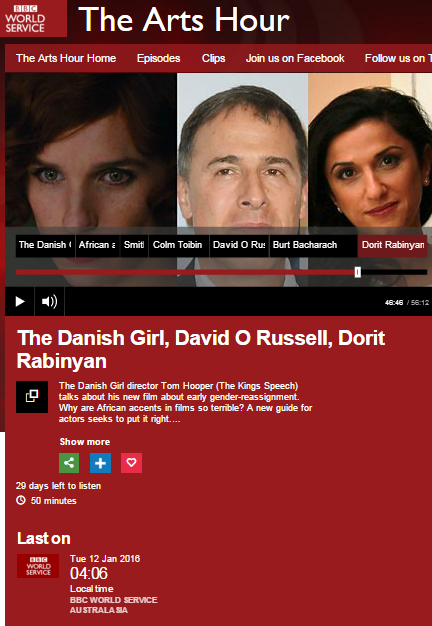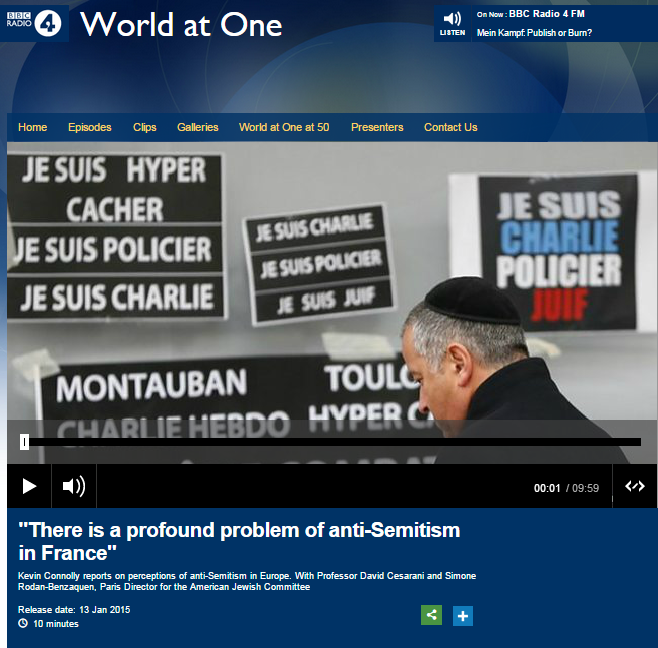Cross posted from UK Media Watch
You don’t need to be a journalist, Mid-East analyst or expert of any kind to come up with a list of practical steps ‘protesters’ participating in the Hamas organised Great Return March can take to save Palestinian lives.
Here are just a few:
- Stop firing at soldiers on the border.
- Stop throwing grenades and other explosive devices at soldiers on the border.
- Stop attempting to damage the security fence and infiltrate into Israel in order to kill Jews.
We don’t mean to be cheeky, but to introduce a larger point: that the Guardian’s coverage of the region is defined, as much as any other factor, by the denial of Palestinian agency, with reports invariably attributing Gaza’s woes to some sort of act of nature or, much more often, Israeli malevolence.
Reports on Palestinian deaths and injuries during the Gaza border riots which have taken place since March 31st are a case in point, with their correspondents at pains to obfuscate Palestinian responsibility for initiating the deadly confrontations with Israeli soldiers.
A recent article (Two children among seven people shot dead by Israel, say officials, Sept. 29) by the Guardian’s Jerusalem correspondent, Oliver Holmes, on the most recent border riots, noted an alternative idea for saving lives, one that doesn’t rely our ‘conventional wisdom’.
Here’s the relevant sentence:
During the past two weeks, the Hamas-led Friday rallies have grown in size and also moved to evenings and night-time, a move protesters say is to save lives as people can move under the cover of darkness. Piles of tyres have also been burnt to obscure the snipers’s vision.
Reports elsewhere note that Palestinians have called this new strategy – which involves the usual riot tactics, such as throwing incendiary devices towards soldiers (and sound bombs that can be heard in nearby Israeli communities), but doing them when it’s dark, “night confusion units”.
By “saving lives”, the ‘protester’ of course was referring to the hope that, by operating under the cover of darkness, they could engage in violent actions on the border with greater impunity.
However, a report in The National included a quote by a Israeli military official who said “the night protests do not pose a new challenge” given the night vision equipment used by soldiers. So, it seems, despite the Palestinian claim uncritically cited in the Guardian, the new tactic of engaging in violence against soldiers or attempting to infiltrate the border at night will not “save lives”.
But, beyond the narrow claim regarding whether such new tactics will save lives, it’s remarkable that reporters like Holmes never seem interested in exploring the more vital questions concerning the impact of a Palestinian culture which encourages civilians – including young children – into situations likely to result in serious injury or death.
As former AP Jerusalem correspondent Matti Friedman wrote in his landmark 2014 expose on institutional anti-Israel media bias and the liberal racism of low expectations, “Palestinians are not taken seriously as agents of their own fate.” “The story mandates”, Friedman added, “that they exist as passive victims” of Israel, the only party that matters.
This failure of media outlets such as the Guardian to recognize that Palestinians are more than just victims, and have the capacity to resist such destructive behavior, continues to deny news consumers an accurate understanding of the factors driving the Israeli-Palestinian conflict.
Related Articles
- Telegraph promotes Lebanese claim that Bibi lied about Hezbollah missile sites (UK Media Watch)
- Cribbing from Turkish State Media, NY Times Blames Israel for Palestinian Stone Throwing (CAMERA)
- The UNRWA story the BBC chose not to tell (BBC Watch)






